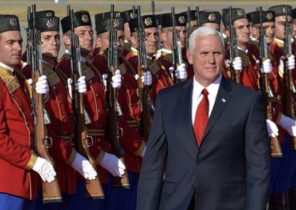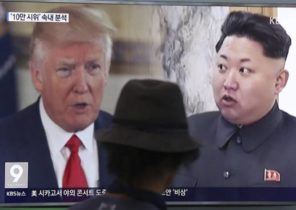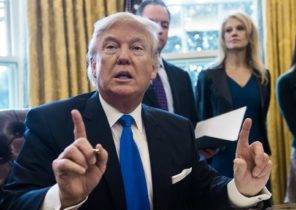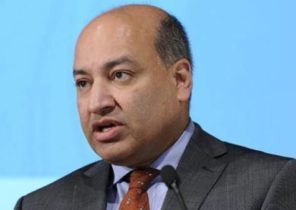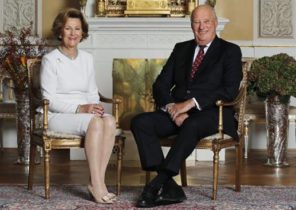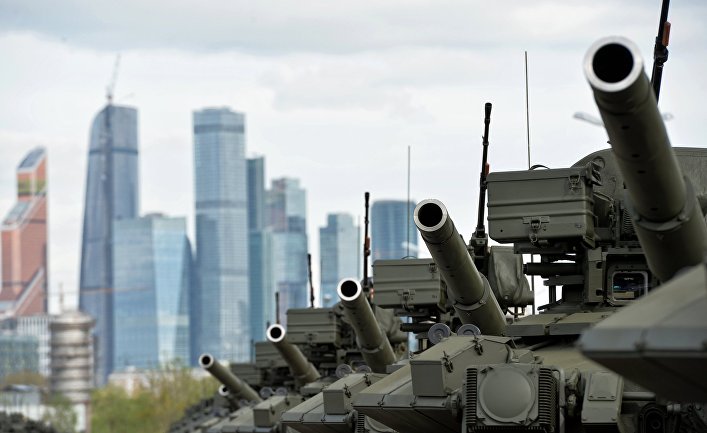
It was the longest recession over the last two decades, but thanks to a new method for calculating the cost of the Kremlin on arms of the Russian statistical office was able to report that the recession is not even close to the figures reported initially.
According to new government data, unveiled this week, the economy in the past year decreased by only 0.2%, which is much less than the 0.5 percent that was expected by many economists. In 2015, when harm from falling oil prices and Western sanctions were the most significant, according to the statistical office, the decline was not so serious and amounted to 2.8%. Compared to the original estimate it is about improving by 2.4 trillion rubles ($39 billion).
Initially, the results of 2015 was presented as a drop by 3.7%. Given all this, the economy has lost 3% in two years, which compares favorably with 4.2% reported initially, and makes the current recession the Russian economy is the most insignificant in the entire history of observations. Good news for Vladimir Putin, who have urged their government to do more to restore growth.
Changed not the level of production in Russia, and how the government measures. A new method of calculation, which announced late last year as part of the movement towards international standards has given greater weight to the weapons and military programs in terms of Putin’s intense arms build-up. According to economists, double-digit percentages in terms of increase in military spending directly improved the condition of the gross domestic product of the country.
“Just takes into account certain costs, which were previously not included in GDP,” — said Ekaterina Vlasova, an economist of Citigroup in Moscow. “Changes, apparently, led to a revision of the greater part of the results of 2015 and performance last year,” she said.
A new method
A new method of counting could also mean that this year’s economic indicators will not be as large as expected, as the budget is under pressure, and this implies that the government will cut spending on new weapons and postpone projects for the 2020-ies. “If rearmament program will be greatly curtailed and postponed until the 2020s, statistically it may reduce GDP,” — said Vlasov.
It seemed that even the Ministry of economy, which maintains its own calculations, was surprised. Just two days before the Federal statistics service presented the report, the Ministry has published a report that in 2016, GDP decreased by 0.6%.
Alexey Balayev, the head of the Department of macroeconomic modeling of the Economic expert group and consultant to the government, said that the changes in results are not linked to launched in late 2015, military campaign in Syria or with the alleged actions in Ukraine, which began in 2014.
Bureau of statistics “ensures that when equipment is produced, not where it is used,” he said. “Most likely, that the methodology was brought in line with international standards during military actions, is just a coincidence.”
The Federal statistics service did not respond Thursday to a request for comment. She said the change in methodology on its website in December, noting that the new approach can enhance growth rates.
